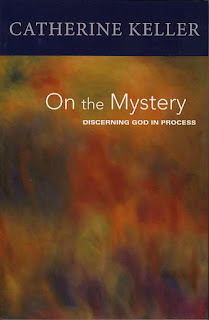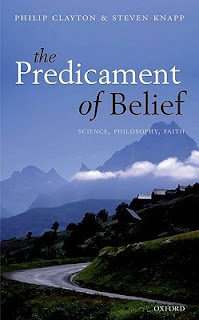Kierkegaard: Philosophical Fragments

In 1843, at the age of 30, Kierkegaard wrote Philosophical Fragments: or, A Fragment of Philosophy, under the name Johannes Climacus. He lists himself as responsible for publication. He describes it in his journal as a book about Jesus Christ without mentioning his name. On the title page, Climacus asks three questions. Is an historical point of departure possible for an eternal consciousness? In one sense, Christianity will say yes to this question. Yet, in another sense, the historical point of departure will do the individual no good until he or she appropriates it. How can such a point of departure have any other than a merely historical interest? Responding with faith rather than offense is what makes it more than merely an historical interest. Is it possible to base an eternal happiness upon historical knowledge? In one sense, Christianity will answer yes. In another sense, your personal response of faith and willingness to live your life according to this knowledge is wh

